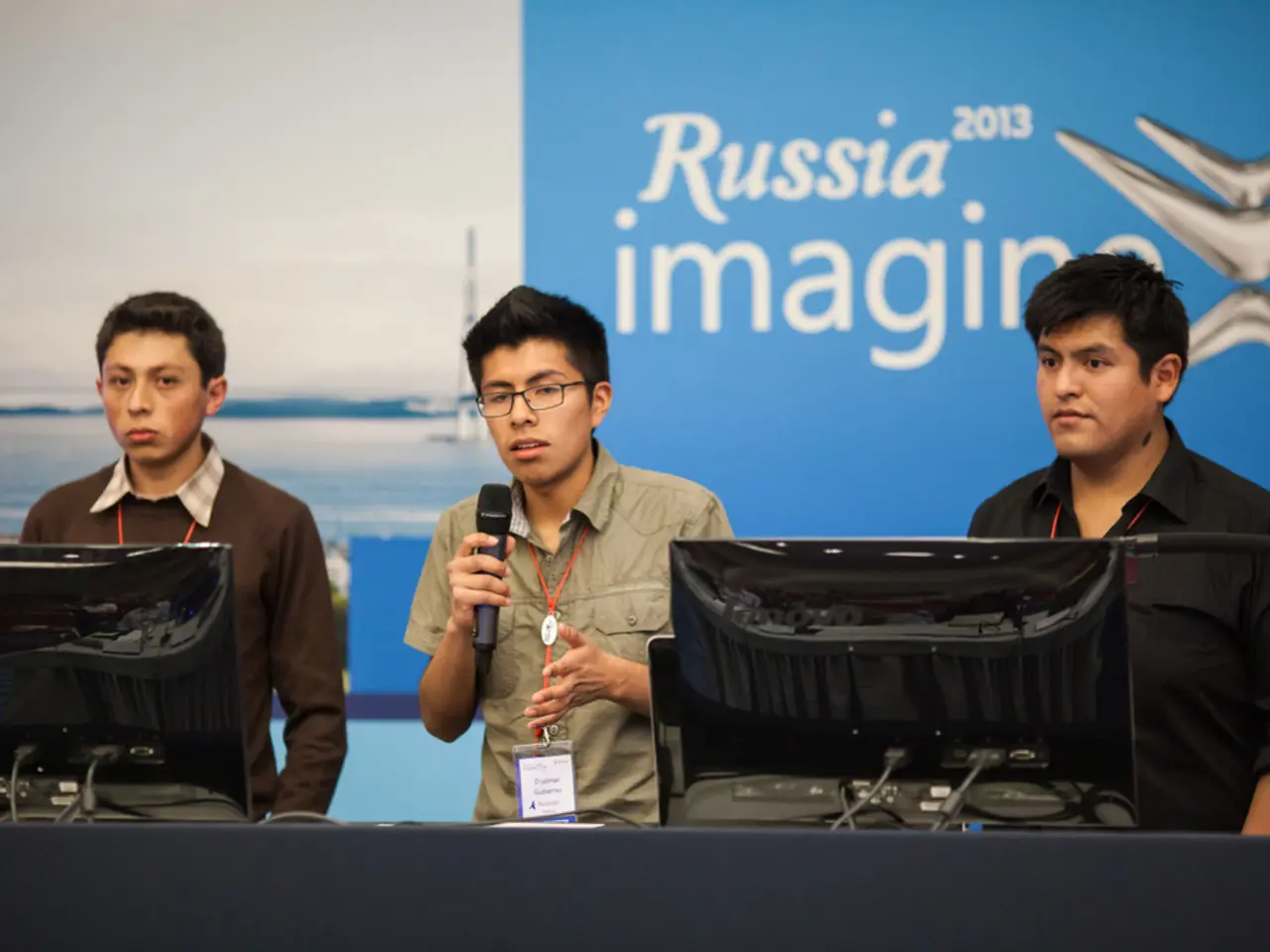Parliamentarians from Europe gather in Alaska, expressing concern that granting Russia rewards for its aggressive actions should be avoided.
European Parliamentary Foreign Affairs Committee Heads Issue Joint Statement on Ukraine
In a significant move, the heads of parliamentary foreign affairs committees from 28 European countries, including Ukraine, Lithuania, Latvia, Estonia, Poland, Czech Republic, Moldova, the UK, Finland, Luxembourg, Bulgaria, Iceland, Norway, Austria, Belgium, Sweden, France, Germany, Italy, Ireland, Netherlands, Denmark, and the head of the European Parliament's foreign affairs committee, have come together to issue a joint statement.
The statement reaffirms the principle of "Nothing about Ukraine without Ukraine," emphasizing the importance of Ukraine's sovereignty, territorial integrity, constitution, and principles of the UN Charter. It underscores that only Ukrainians can determine their country's future.
The joint statement aims to best serve the interests of all people valuing freedom in the entire democratic world. It calls for a ceasefire agreement that serves these interests, and warns against Russia using negotiations as an excuse to avoid an unconditional ceasefire and to ease sanctions.
The statement was issued in response to agreements reached in Alaska on or after August 15, 2025, regarding negotiations to minimize risks to European security due to Russia's aggression against Ukraine. The European states are endorsing these negotiations, but they express concern that Russia may seek territorial gains as a result of its war of aggression against Ukraine.
The statement calls on leaders of the free world to achieve a ceasefire agreement. French Foreign Minister Jean-Yves Le Drian believes that talks between the leaders of the US and Russia in Alaska on Friday should result in a ceasefire in Ukraine.
However, the current status of negotiations between the US and Russia regarding Ukraine indicates a stalled and uncertain process with no immediate breakthrough. Russian Foreign Minister Sergey Lavrov has acknowledged Russia's readiness to continue negotiations and even consider higher-level delegations, but has expressed skepticism and insisted that Russia must have a key role in any security guarantees for Ukraine.
Recent diplomatic efforts, including US-led summits in Alaska and Washington DC, have failed to produce meaningful progress, with Russia maintaining an uncompromising stance and continuing military actions, such as missile strikes on Ukrainian infrastructure, undermining peace efforts. While there are talks about potential meetings, no confirmed dates or venues have been agreed upon, and Ukrainian President Zelenskyy continues to reject territorial concessions, underlining the complexity of the conflict.
In light of these challenges, the joint statement calls for unity, determination, and commitment to universal rights to ensure that the outcome of any negotiations truly serves the cause of freedom. Hungarian PM Viktor Orbán refrained from signing the joint statement backing Ukraine.
References: [1] The Guardian [2] Reuters
Read also:
- Massive 8.8 earthquake hits off the coast of Russia's Kamchatka Peninsula, prompting Japan to issue a tsunami alert.
- Court petitions to reverse established decision on same-sex marriage legalization
- Proposed Standardization of Food Labeling Laws Among Member States by the Commission
- Experimenting with Merz's Germany has stretched into an extended period of time, resembling a numerous three-month duration.








